Why are you a Christian, but your neighbor is not?
God makes the first move in people’s lives with benevolent acts of grace, but why hasn’t your neighbor (or brother, or friend) believed?

God makes the first move in people’s lives with benevolent acts of grace, but why hasn’t your neighbor (or brother, or friend) believed?

Can humans genuinely possess free will if God possesses omniscience and has a predetermined plan for everything?

Can we please stop saying Reformed theology teaches we’re puppets and have no self-determination? Because it just doesn’t.
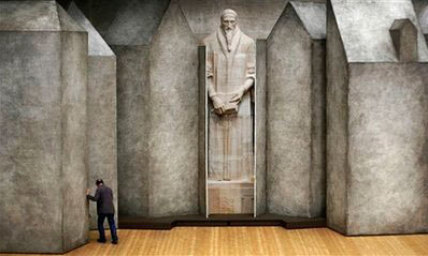
Although it is common for my Calvinist, non-charismatic friends to point to church history in support of their cessationist position, it’s really a mistake for them to do so. A big mistake.

"God in Eternity and Time" has been well received by all segments of the Evangelical community, and its irenic spirit has been much appreciated, drawing accolades from across the Evangelical theological spectrum.
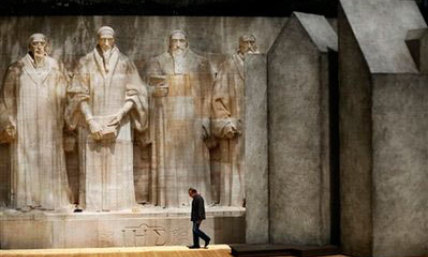
I needed to surrender the result to Him. There is a comfort in that powerlessness. I finally found peace in my surrender.
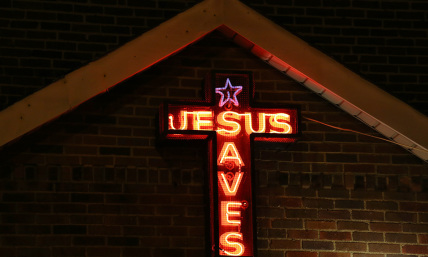
Did Jesus die for the sins of people who are suffering in hell right now? It’s an important question and one that Protestants have been debating for over 400 years.
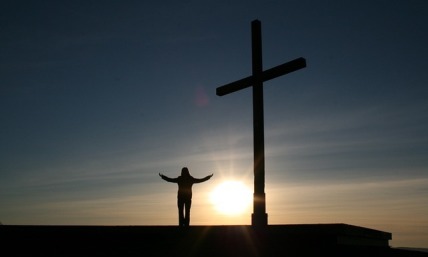
MacDonald believed that people really are “princesses and goblins and good fairies” that, in his non-fantasy novels, he portrayed as ordinary men and women.
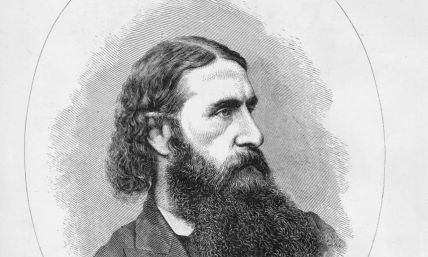
Events that occurred this week in Christian history include the death of C.S. Lewis, John Donne becoming dean of St. Paul’s Cathedral and Geneva embracing John Calvin’s theocratic model.

While I don’t want to adjudicate the Calvinist vs. Arminian debate here, I hope to shed some historical light on the general conversation and help us understand the overall debate a bit better.
